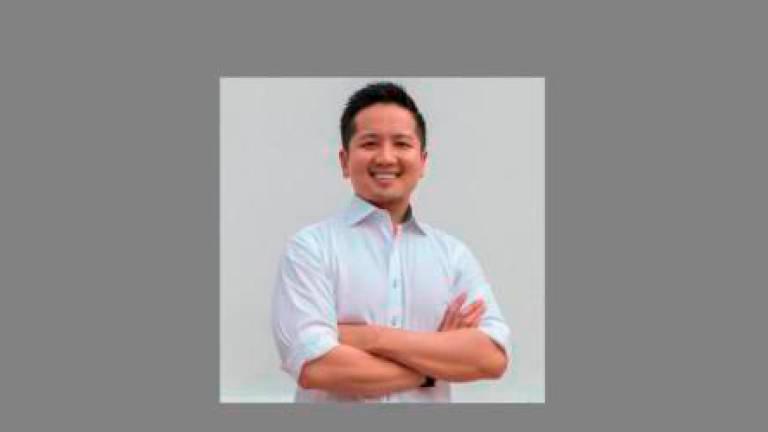KUALA LUMPUR: The government is taking various approaches in its efforts to raise the income and purchasing power of the B40 households, the Dewan Negara was told today.
Deputy Minister in the Prime Minister’s Department (Economy) Arthur Joseph Kurup (pix) said these included offering programmes, such as the Urban Economic Empowerment Programme and Income Increment Programme, in order to boost their income and capability to secure higher-income jobs.
The government was also improving access to basic needs such as education, health and housing, as well as promoting entrepreneurship and access to financing such as the micro credit financing provided by TEKUN Nasional, he said.
“(Another approach is) improving the social protection system by introducing an integrated and comprehensive social protection system framework, including the PeKa B40 healthcare protection scheme,” Arthur said in reply to Senator Dr Nuing Jeluing’s query during the debate on the Supply Bill 2021.
Nuing wanted to know how many households fell under the national poverty line income (PLI) of RM2,208 per household (revised from RM980 previously) and measures being taken to overcome poverty.
Arthur said the government was drafting policies and strategies in the 12th Malaysia Plan to tackle poverty and improve the rakyat’s well-being.
“To tackle poverty and upgrade the service delivery mechanism at the grassroots level, the government will strengthen the bottom-up approach among the stakeholders.
“The approach will therefore be improved through the involvement of the public and community-based organisations. The authorities will also be empowered to identify and reduce pockets of poverty at the community level,” he added.
On PLI, Arthur said based on the findings of the Household Income and Expenditure and Basic Amenities Survey (HIES&BA) 2019, the national PLI was revised to RM2,208 a month.
“Using the 2019 PLI, the absolute poverty rate was 5.6 per cent comprising 405,441 households in 2019 compared with 7.6 per cent, involving 525,743 households, in 2016,” he said.
Meanwhile, replying to a supplementary question from Nuing, he said the government had implemented several initiatives to improve the living standards of people in Sabah and Sarawak, including increasing the intake of students with potential into high performance schools and training institutions, cultivating entrepreneurship focusing on skills based on intrinsic talent, and providing assistance in financing and the marketing of products and services. -Bernama













